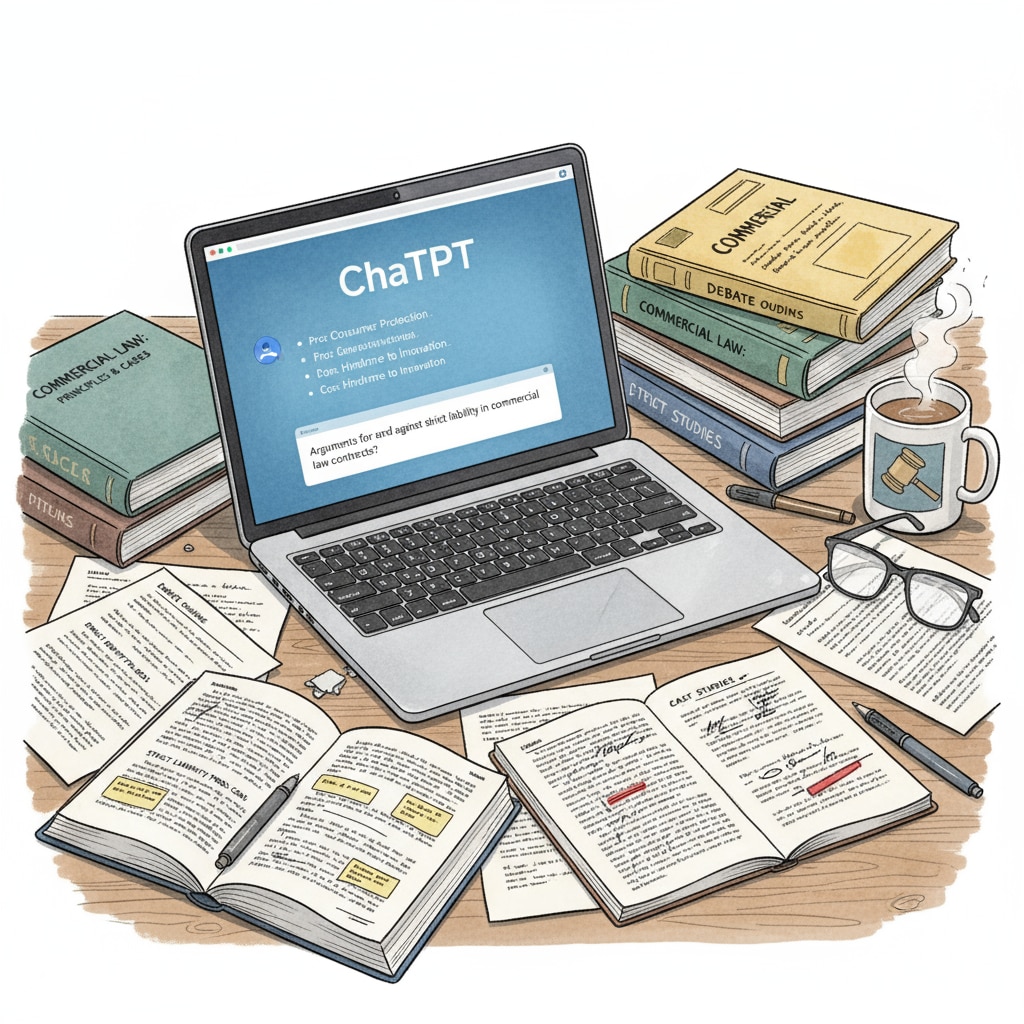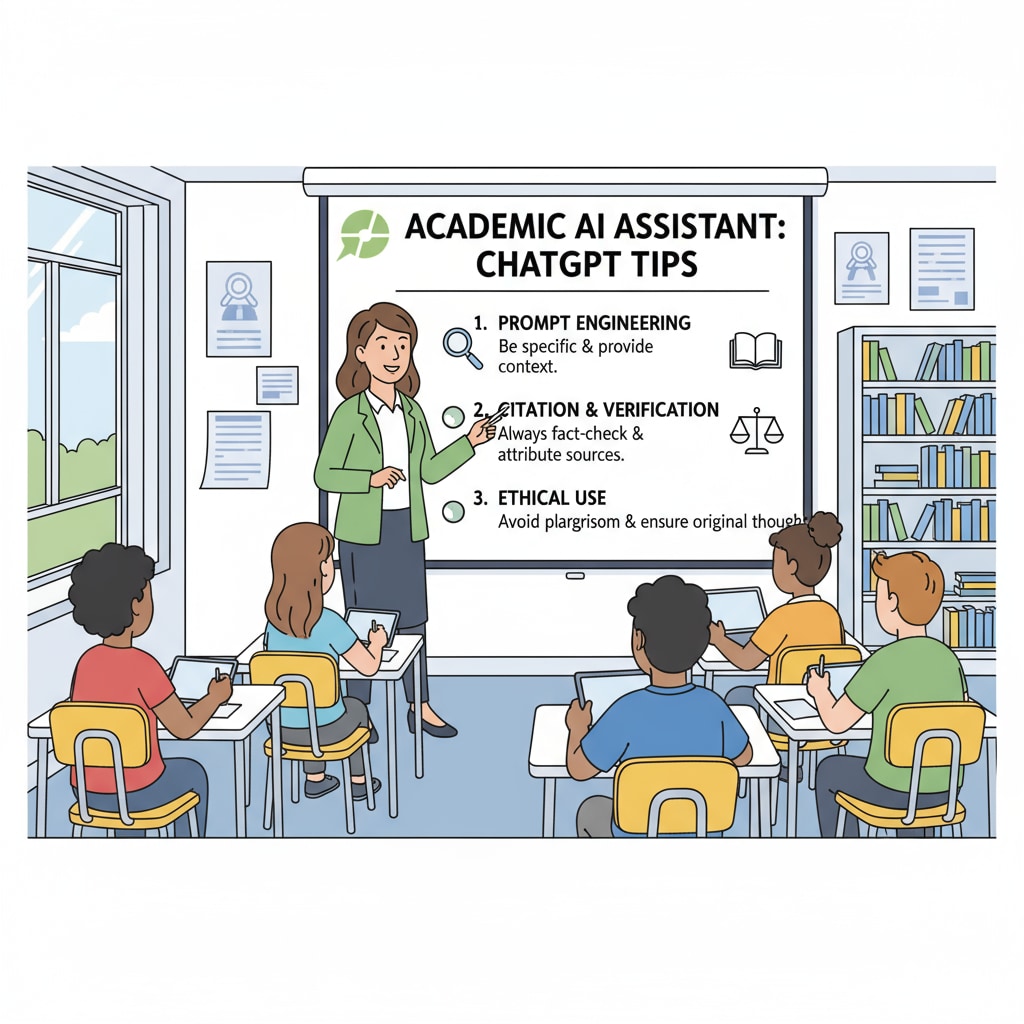The rise of AI tools like ChatGPT has brought about a new era in education, especially when it comes to students’ engagement in commercial law debates, sparking intense discussions about academic integrity. As these powerful language models become increasingly accessible, students are faced with a complex web of ethical decisions. For instance, consider an undergraduate student preparing for a commercial law debate. With a few keystrokes, they can turn to ChatGPT for insights and ideas. But this seemingly innocent act can quickly lead to a moral quagmire.

The Ethical Dilemma Unveiled
When a student uses ChatGPT to gain an edge in a commercial law debate, the line between legitimate research aid and academic dishonesty becomes blurred. On one hand, AI can serve as a valuable resource, providing fresh perspectives and data that might otherwise be overlooked. For example, it can analyze past legal cases and present relevant arguments. However, relying too heavily on it can lead to a lack of independent thinking. Students might be tempted to present AI-generated content as their own, which is a clear violation of academic integrity. This not only undermines the educational process but also devalues the hard work of honest students. As Academic Integrity on Wikipedia states, academic integrity encompasses values such as honesty, trust, and respect for intellectual property.
The Educational Imperative
In the K12 education phase, there is a significant educational responsibility to guide students on the proper use of AI tools like ChatGPT. Teachers need to educate students about the importance of academic integrity in commercial law studies and debates. They should teach students how to use AI as a supplementary tool rather than a replacement for their own research and thinking. For example, students can be taught to use ChatGPT to generate ideas and then use their own knowledge and analysis to develop and refine those ideas. By doing so, students can harness the power of AI while still maintaining their academic integrity. According to Education on Britannica, education should not only impart knowledge but also cultivate ethical values.

In conclusion, the use of ChatGPT in commercial law debates by students presents a significant ethical challenge to academic integrity. While AI can offer valuable assistance, it must be used responsibly. Educators play a crucial role in guiding students to navigate this new technological landscape, ensuring that they uphold the principles of academic integrity and develop into responsible scholars.
Readability guidance: This article uses short paragraphs to present ideas clearly. Each section focuses on a key aspect, such as the ethical dilemma and educational responsibilities. Lists are used where appropriate to organize thoughts. The proportion of passive语态 is kept low, and transition words like “however” and “for example” are used to make the flow smooth.


